This trick is completely ridiculous and you’re right to be skeptical.
This is for you, if you’re like any of these teachers…
Roxanne, who is concerned about: impulse control.
Meenakshi, who says the children in her class throw things around in the classroom, even their shoes.
Suzie, who reports struggling with grabbing that has now progressed to biting from an autistic child with a learning delay – there is no obvious trigger but transitions can be especially tricky.
Rosemary, who says she sees self-regulation issues when children cannot do exactly what they want, for as long as they want (especially with the iPad).
M. Jimenez, who reports that the behaviors they see are: not following directions, resisting transitions, impulsiveness, hard time with transitions and sharing toys.
Jennifer, who has a child snatching toys, yelling "no" loudly, and hitting/pretend hitting.
Maria, who says she has lots of disrespect in the room. Children who choose not to follow directions or don’t acknowledge a direction being given.
Estela, who says lately children want immediate response to needs and wants and just can't wait.
Which one of those situations do you relate to most?
Last week I shared that PLAY is how children best learn how to self-regulate.
If you’re like any of the teachers above you’re in luck! This is for you.
Believe it or not there is a SIMPLE yet extremely powerful trick you can use to help children doing the above behaviors to listen, follow directions, and control the impulse to hit, grab, throw things, etc.
This trick is completely ridiculous and you’re right to be skeptical. Ready for it?
Play games with rules.
Yes, my friend!!! Playing games with rules teaches children to:
Listen to directions (listen to YOUR directions!) and learn to follow rules
Control impulses
Engage in appropriate, prosocial behavior
Don’t believe me? We’ve got research.
Children control their impulses better in play compared to non-play experiences.
The amount of time toddlers and preschoolers spend in play predicts their self regulation skills at ages 6-7. Research article HERE. (this is about free play, I’m extrapolating the findings)
Elias and Berk (2002) found that time spent in free play predicted children’s cooperation at clean-up time! “The correlation was especially strong for high-impulsive children.”
And, in one experiment, by Bodrova and Long, 4-year-old children were asked to stand still and did not make it past 1 minute…But when they played a game of being guards at a factory... they were able to stand at attention for more than 4 minutes. Also cited in the NYT article.
WOAH. Right? Why didn’t they teach you that in school!? (Or maybe they did).
And this is just a *sample* of the research findings on self-regulation, impulse control and play.
So, that’s today’s self-regulation “trick”! What game can you play today?
Make-believe guards at a factory….the Floor is Lava…Red Light, Green Light…a Bear Hunt…?
(If some don’t want to join please don’t force it. Avoid the power struggle. Just keep playing…)
Play games every day. Outside. Inside. Throughout the day. Maybe even during transitions?
Is this going to instantly produce perfectly self-regulated children? No, of course not.
But over time, you WILL see the results.
Remember, that one study found that play especially helped predict cooperation for “high-impulsive children”!
Let' me know what game you’ll try out in the comments below!
need more classroom transitions strategies?
Download the Transitions Tipsheet and End Behavior Struggles During Your Classroom Transitions without time out, behavior charts, or stress!


